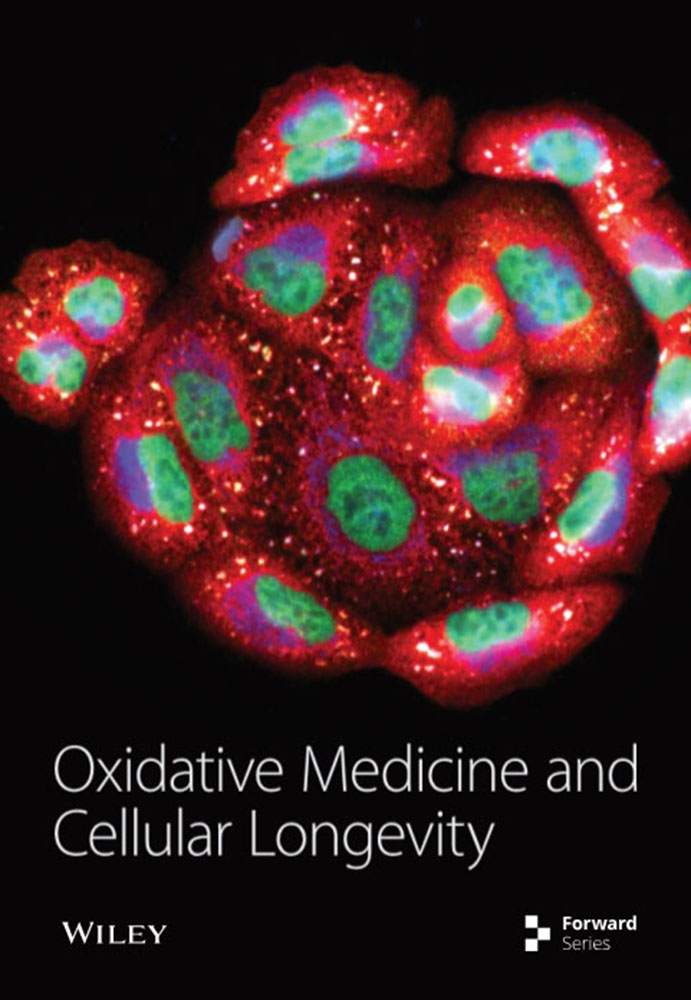Synergistic Cytotoxicity of Extracts of Chaga Mushroom and Microalgae against Mammalian Cancer Cells In Vitro
2区 生物学
Q1 Biochemistry, Genetics and Molecular Biology
引用次数: 0
Abstract
Chaga mushroom (Inonotus obliquus) contains bioactive metabolites and has been used to treat various ailments, including cancer. Similarly, marine microalgae are considered a sustainable food supplement with anticancer and antioxidant properties. This study investigated the cytotoxicity of different extracts prepared from I. obliquus and microalgae using cultured human and canine cancer cell lines (MCF-7, HepG2, HOS, D-17, and DH-82). MTS cell viability assay was used to study the cytotoxicity of I. obliquus and microalgae extracts, and a synergy matrix effect was used to study the combined effect of the extracts. Isobologram analysis and the highest single agent synergy model were applied to study and validate the synergy between the extracts from I. obliquus and microalgae. Ethanol-based extraction and supercritical water extract significantly inhibited the growth of various mammalian cancer cells compared to aqueous extracts. Osteosarcoma cells were more susceptible to the supercritical extracts of I. obliquus and chlorophyll-free and sugar-free ethanol extracts of microalgae. A combination of ethanol-based I. obliquus extract and chlorophyll-free microalgae extract resulted in a synergistic interaction with various tested cancer cells. This study provides experimental evidence supporting the potential therapeutic application of I. obliquus and microalgae extracts with a synergistic effect to inhibit the growth of various mammalian cancer cells. Additional in vivo studies are required to fully explore possible therapeutic applications of these unique mixtures to be used in treating cancers.查加蘑菇和微藻提取物对哺乳动物体外癌细胞的协同细胞毒性
Chaga 蘑菇(Inonotus obliquus)含有生物活性代谢物,被用于治疗包括癌症在内的各种疾病。同样,海洋微藻也被认为是一种具有抗癌和抗氧化特性的可持续食品补充剂。本研究使用培养的人类和犬癌细胞系(MCF-7、HepG2、HOS、D-17 和 DH-82)研究了从褐藻和微藻中制备的不同提取物的细胞毒性。使用 MTS 细胞活力测定法研究了斜管草和微藻提取物的细胞毒性,并使用协同矩阵效应研究了提取物的综合效应。应用等全息图分析和最高单剂协同作用模型研究并验证了斜管圆叶藻和微藻提取物之间的协同作用。与水提取物相比,乙醇提取物和超临界水提取物能显著抑制多种哺乳动物癌细胞的生长。骨肉瘤细胞更容易受到欧鼠李超临界萃取物以及微藻无叶绿素和无糖乙醇萃取物的影响。将乙醇提取物和不含叶绿素的微藻提取物结合使用,可与各种受测癌细胞产生协同作用。这项研究提供了实验证据,支持将具有协同效应的斜管圆叶藻和微藻类提取物用于潜在的治疗,以抑制各种哺乳动物癌细胞的生长。还需要进行更多的体内研究,以充分探索这些独特混合物在治疗癌症方面可能的治疗应用。
本文章由计算机程序翻译,如有差异,请以英文原文为准。
求助全文
约1分钟内获得全文
求助全文
来源期刊
CiteScore
13.20
自引率
0.00%
发文量
1274
审稿时长
3-8 weeks
期刊介绍:
Oxidative Medicine and Cellular Longevity is a unique peer-reviewed, Open Access journal that publishes original research and review articles dealing with the cellular and molecular mechanisms of oxidative stress in the nervous system and related organ systems in relation to aging, immune function, vascular biology, metabolism, cellular survival and cellular longevity. Oxidative stress impacts almost all acute and chronic progressive disorders and on a cellular basis is intimately linked to aging, cardiovascular disease, cancer, immune function, metabolism and neurodegeneration. The journal fills a significant void in today’s scientific literature and serves as an international forum for the scientific community worldwide to translate pioneering “bench to bedside” research into clinical strategies.

 求助内容:
求助内容: 应助结果提醒方式:
应助结果提醒方式:


